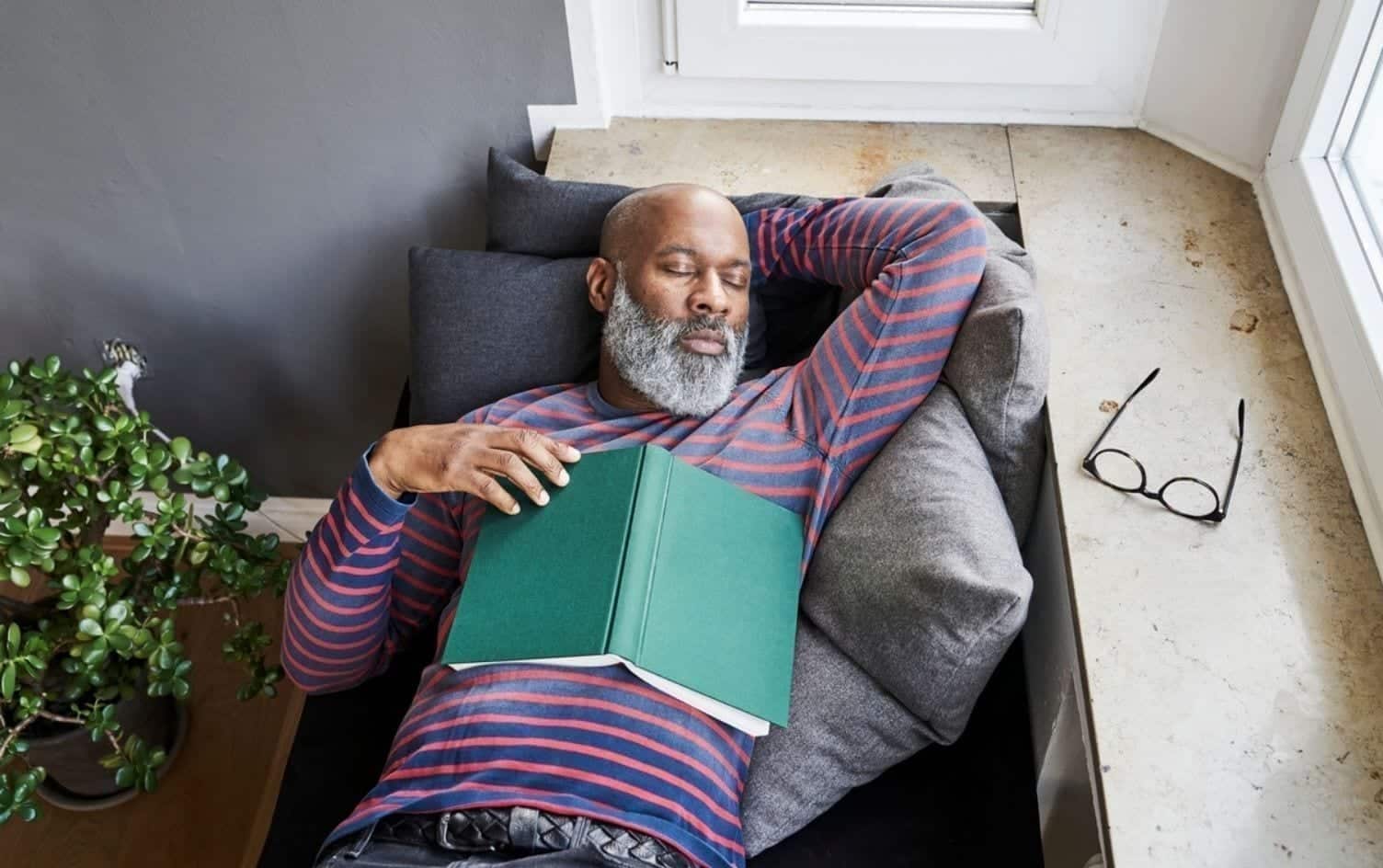Infants often sleep up to 17 hours per day. No, they aren’t just lazy — they need it. School kids require more sleep than teenagers, and teens need more than adults. As we age, our sleep requirements shift, as does our circadian rhythm, which dictates when we feel alert and when we feel tired.
Lifestyle factors also change as we age, and these too can impact sleep. If you’re still growing or have a particularly demanding job — or exercise regimen — your body likely needs more sleep to aid its recovery and growth.
Considering that aging is tied to sleep concerns, and sleep issues are tied to myriad health problems from heart disease to weight gain, it pays to understand how sleep changes as you age.
HOW AGING AFFECTS SLEEP
According to MedlinePlus, a service of the National Library of Medicine, many people experience more difficulty falling asleep and staying asleep as they get older, and they wake up earlier in the morning. Overall sleep time may decrease, even if time in bed does not.
There’s a reason for this. According to the National Sleep Foundation, the body’s circadian rhythm experiences a “phase advance,” where it shifts forward in time with age. This phase advance is usually experienced as getting tired earlier in the day and waking up earlier in the morning. It also means older adults typically spend more time in the earlier, lighter stages of sleep and achieve less deep sleep throughout the night.
But even though older people may be getting less sleep, it’s not because they’re wired to function on less. Older adults require the same amount of sleep as younger adults: roughly 7–9 hours each night.
SLEEP THROUGH THE DECADES
In your 20s, you are more likely to be a night owl, preferring the evening hours over early mornings. You may even struggle to function early in the morning, which is a carryover from the post-puberty adolescent years. When you’re young, you can get away with less sleep, but this changes as the years go by, with more people developing a fondness for turning in early by the time they reach 30. Unfortunately, that’s about when total sleep time begins to decrease for most adults.
Our 30s and 40s are often characterized by more demanding jobs, family lives and stress. We tend to fall into longer lifestyle patterns during these decades, too, with more structured routines. When those routines don’t prioritize sleep or allow for enough rest each night, it’s difficult to break those habits.
Studies have shown the total amount of sleep decreases linearly with age, with an average loss of 10 minutes per decade. Interestingly, how we sleep also changes. The percentage of deep sleep we get each night decreases linearly at 2% per decade until about age 60. In your 60s and beyond, these losses plateau.
Sleep issues present themselves by gender in slightly different ways. A meta-analysis of 65 studies found women are more likely to have difficulty falling asleep as they age, but men are more likely to experience shorter total sleep time and to wake up more often during the night.
All that can seem a bit depressing, but there is still hope for a restful night’s sleep. General wellness and sleep hygiene practices apply, no matter your age. Avoiding late meals, limiting screen time and winding down before bed can help you fall asleep faster and enjoy more restful slumber. Considering that sleep is so vital to overall health, making these little adjustments is worth the effort.
For more help counting sheep, try these seven tips for a better night’s sleep.
Unlock an experience that’s like having a dietitian, trainer and coach — right at your fingertips. Go Premium for expert guidance and exclusive tools that will help you reach your personal health goals.




